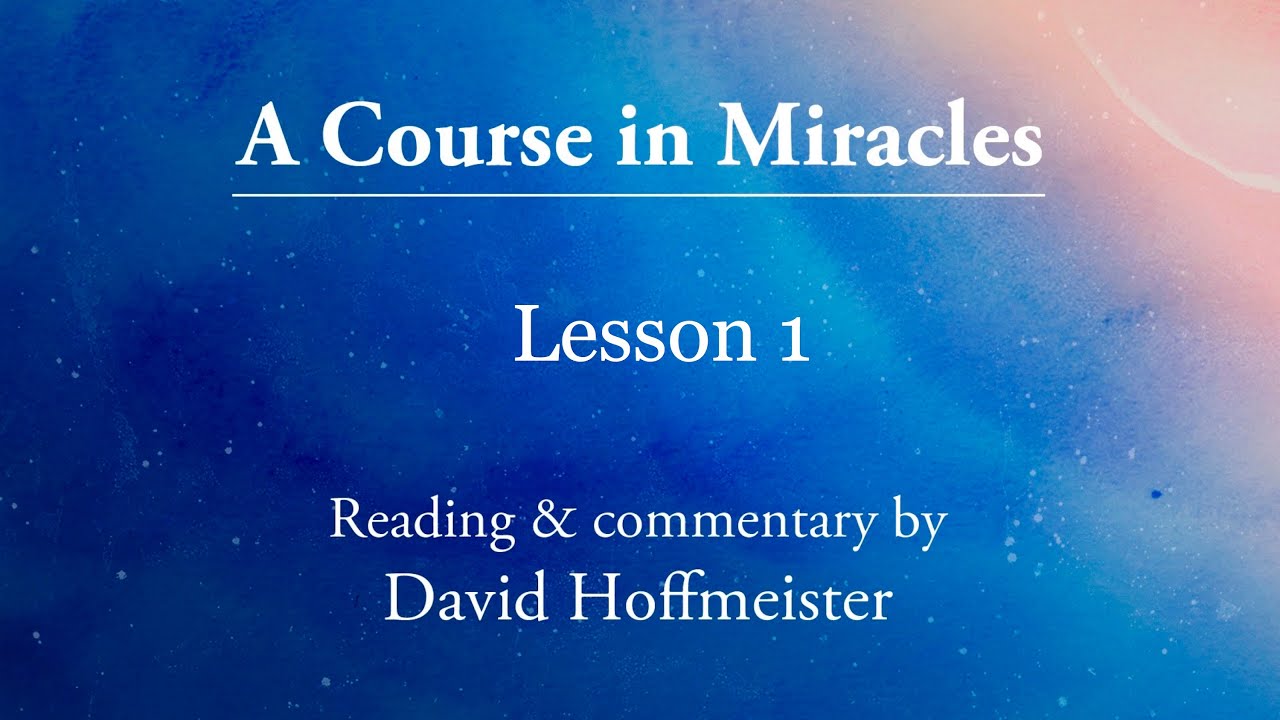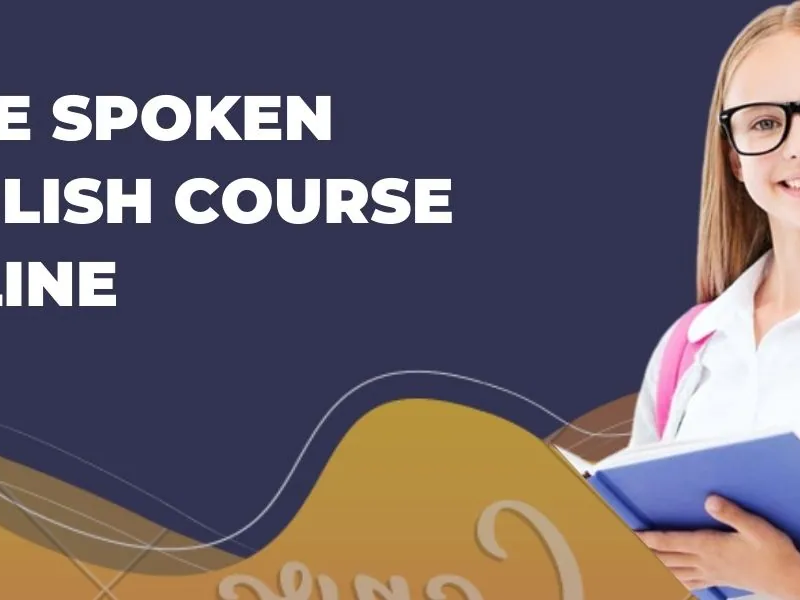Books have long held the power to transport us to different worlds, spark our imagination, and nourish our intellect. In a digital age where information is readily available at our fingertips, the allure of a course in miracles remains as captivating as ever. They are not just mere collections of pages bound together; they are gateways to knowledge, creativity, and emotions. Whether in the form of a gripping novel, a thought-provoking essay, or a comprehensive guide, books continue to play a vital role in shaping our understanding of the world.
The act of reading itself is a unique experience. It encourages us to slow down, to immerse ourselves in a narrative, and to engage with the author’s thoughts. As we flip through the pages, we become part of a larger conversation that spans centuries. Books have the remarkable ability to preserve the wisdom of the past while sparking discussions that shape the future. They are bridges that connect generations, cultures, and ideas, fostering a sense of continuity in a rapidly changing world.
Public and private libraries stand as testaments to our collective appreciation for books. These repositories of knowledge offer sanctuary to avid readers, curious minds, and seekers of inspiration. From the hushed corridors of historic libraries to the digital shelves of modern e-book platforms, the magic of books remains accessible to all. Physical books carry with them a tactile pleasure – the weight of the volume, the feel of the paper – while e-books and audiobooks offer convenience and portability, catering to diverse reading preferences.
The world of literature is vast and diverse, accommodating an array of genres that cater to every taste. Fiction whisks us away on incredible adventures, unveiling mysteries and emotions along the way. Non-fiction delves into the depths of human understanding, exploring history, science, philosophy, and more. Poetry distills complex feelings into elegant verses that resonate with the soul. Children’s books create lifelong memories and instill a love for reading from an early age.
Moreover, books have the power to drive social change. Throughout history, written words have been catalysts for revolutions, enlightenment, and empathy. They challenge societal norms, confront injustices, and promote critical thinking. The knowledge found within books empowers individuals to make informed decisions, contributing to the growth of democratic societies.


